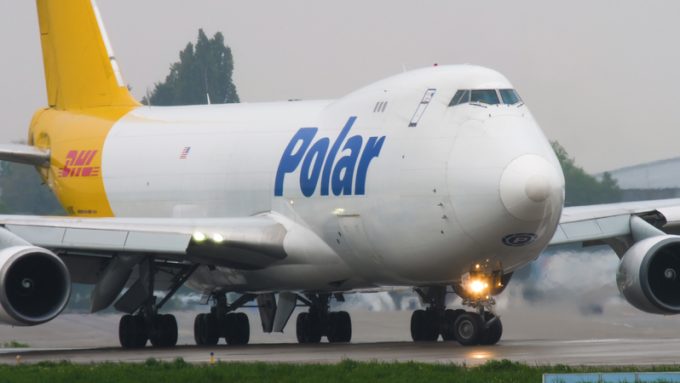DHL Express suspends non-de minimis B2C parcels to US consumers
DHL Express has suspended B2C (business to consumer) shipments with a value above $800 to ...

A forwarding customer of Polar Air Cargo, the subsidiary of Atlas Air (51%) and DHL Express (49%), is suing it for $6m losses with eight allegations, including racketeering, fraud, conspiracy and unfair trade practices.
If the case is proved, Polar could be faced with a payment of some $18m, plus costs.
In a series of shocking claims filed on Friday, Cargo on Demand (COD), a small New York-based forwarder, claims Polar violated the US Racketeer Influenced and Corrupt Organizations Act (RICO).
COD also ...
Maersk u-turn as port congestion increases across Northern Europe
Apple logistics chief Gal Dayan quits to join forwarding group
Maersk Air Cargo sees volumes fall as it aims for 'margin in favour of revenue'
Houthis tell Trump they will end attacks on Red Sea shipping
Transpac rates hold firm as capacity is diverted to Asia-Europe lanes
Airlines slash freighter capacity post-de minimis, but 'the worst is yet to come'
MSC revamps east-west network as alliance strategies on blanking vary
India-Pakistan 'tit-for-tat' cargo ban sparks sudden supply chain shocks

Comment on this article